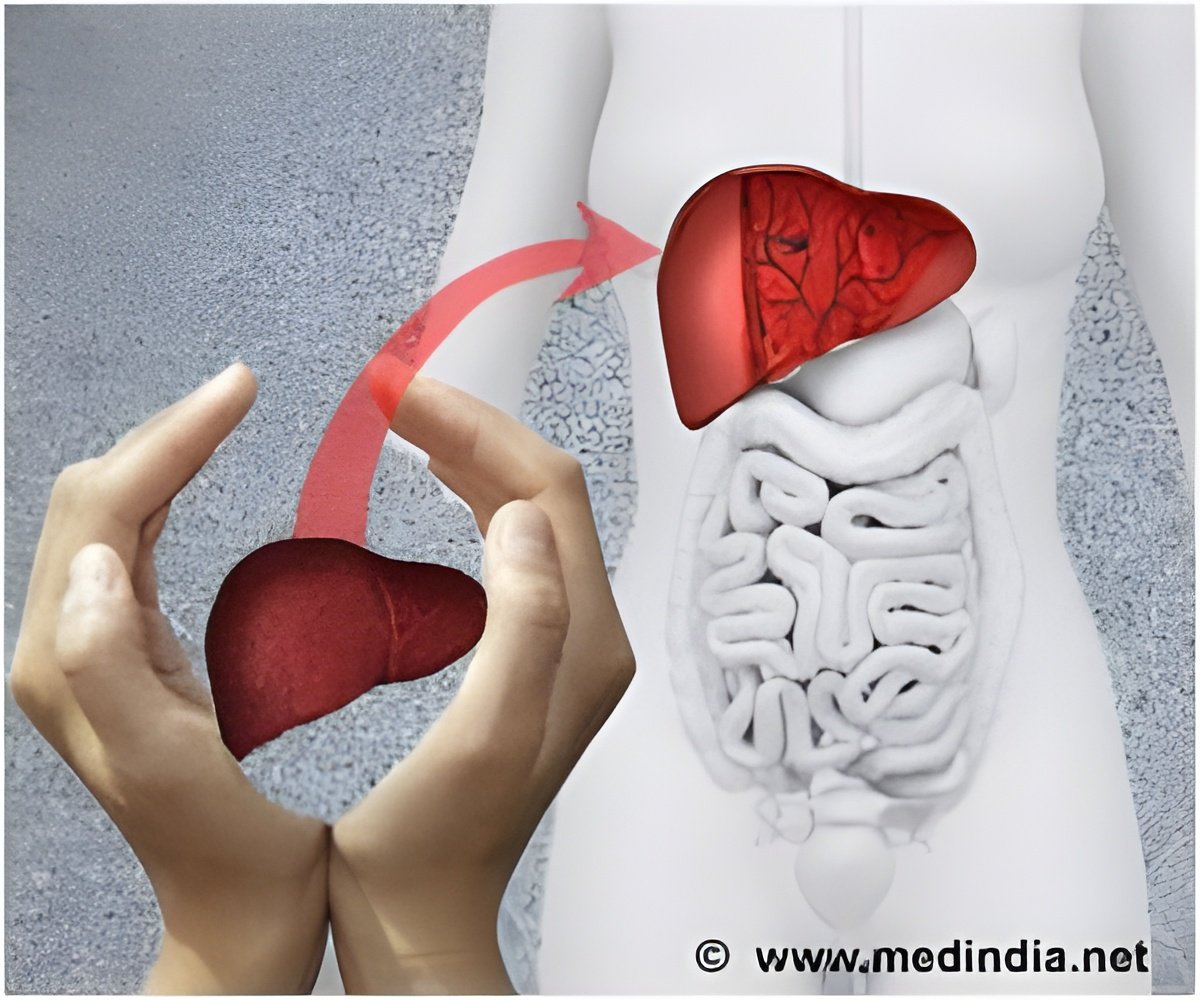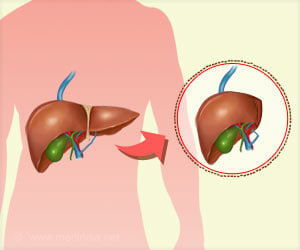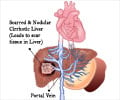
‘Using liver transplants from donors who were previously infected with hepatitis B virus can be safe as long as recipients receive proper prophylaxis treatments to prevent new-onset hepatitis B.’
Tweet it Now
The use of livers from deceased donors infected with hepatitis B has the potential to expand the donor pool, especially in areas where HBV is common; however, this may carry certain risks for recipients. Studies have shown that using these livers can be safe as long as recipients receive proper prophylaxis treatments to prevent new-onset hepatitis B, but several different approaches exist, and it's unclear which is optimal. In a new study, investigators led by Suk-Koo Lee, MD, PhD, of the Sungkyunkwan University School of Medicine, in Korea, describe their prophylaxis regimen and characterize the long-term outcome of 41 pediatric recipients of livers from donors previously infected with hepatitis B. The regimen consisted of HBV vaccine intramuscular injections given intermittently to maintain antibody levels against a hepatitis B protein above 100 IU/L. Hepatitis B immunoglobulin--which is prepared from the plasma of donors who have high levels of such antibodies--was also used during the first post-transplant year, and it was given to maintain a target antibody level above 200 IU/L. Only one case (2.4 percent) of new-onset hepatitis B occurred over a median follow-up period of 66 months post-transplant.
Dr. Lee noted that life-long monitoring of HBV status is necessary in these patients since new-onset hepatitis B has been known to occur long after transplantation. "Our regimen is as effective--or even more so--as previously used regimens, and the cost is far less. Also, it is safe to use and patients require less than one injection per year on average," he said. "Its safety, simplicity and cost-effectiveness make our regimen a better fit for pediatric liver transplant recipients, since they must receive hepatitis B prophylaxis longer than their adult counterparts."
Source-Eurekalert















